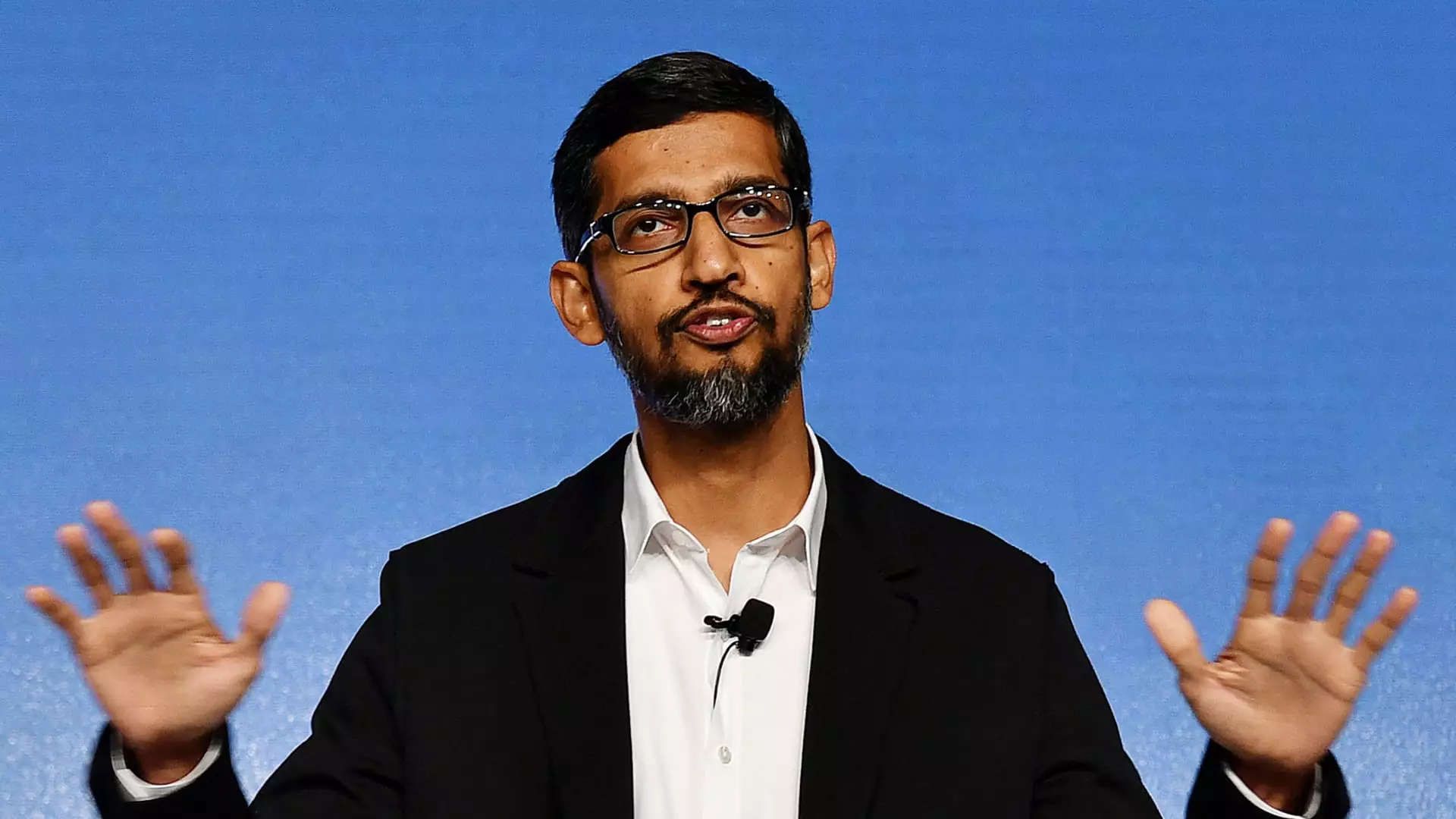In the realm of information technology, corporate culture and employee engagement can directly influence a company’s reputation and effectiveness. A recent report from CNBC highlights Google’s ongoing efforts to moderate internal political discussions, particularly ahead of significant election events in the United States. This raises important questions about the balance between free expression and maintaining a respectful workplace. As Google adopts stricter content moderation policies, the implications for employee morale and corporate transparency merit thoughtful examination.
Google’s crackdown on political discussions is not a recent phenomenon; it has roots tracing back to 2019. That year marked the introduction of a policy aimed at curbing expressions deemed insulting or humiliating among employees. The challenge for Google lies in navigating an increasingly polarized socio-political landscape where employees are likely to have diverse opinions. While the intent behind these policies may stem from a desire to foster inclusivity and minimize conflict, they can also suppress meaningful dialogue and dissent, leading to discontent among employees who feel their voices are stifled.
The recent developments, including a memorandum from CEO Sundar Pichai, reinforce the notion that the company prioritizes maintaining a neutral stance in the political arena. Pichai emphasized the importance of providing high-quality and reliable information through Google’s various platforms. This points to a deeper strategic objective: safeguarding the integrity of the company as a trusted source of information amidst growing fears of misinformation and bias.
With guidelines in place that restrict political discourse on platforms like Memegen, Google faces the challenge of managing employee conversations without infringing upon their rights to express opinions. The company’s strict measures, which now include using artificial intelligence to detect potential policy violations, may create a chilling effect. Employees might hesitate to engage in discussions or share ideas that could be considered political for fear of repercussions.
In an environment where political opinions run high, especially during election cycles, the clashing ideals between corporate oversight and individual expression become glaringly apparent. Some employees are already vocalizing their grievances about the breadth of the regulations, suggesting that they may be too prohibitive and stifling. The curtailing of discussions around significant geopolitical issues, such as international conflicts and government policies, may inadvertently promote a sense of disengagement and alienation among employees who seek to address pertinent societal questions.
Historical Context: A Culture Shift within Google
Google’s journey towards moderation has been punctuated by events that raised concerns over employee freedom of speech. A notable instance includes the 2019 complaint to the National Labor Relations Board (NLRB) which prompted Google to recognize employee rights to discuss workplace conditions. Such episodes indicate a tension within the company—a struggle to maintain a culture of open communication while also creating a workplace free from potential disruptions caused by highly charged political debates.
Looking back at the origins of content moderation at Google, one cannot ignore the controversies surrounding specific projects. For example, Project Nimbus, a substantial contract with the Israeli government, sparked significant internal dissent and led to cries for greater transparency from the company. The decision to momentarily halt an internal message board in March due to employee comments further illustrates the complexity of navigating these sensitive issues.
As Google adopts advanced AI technologies to enhance monitoring and moderation capabilities on platforms like Memegen, the belief that technology can effectively govern human interactions is put to the test. While AI can efficiently process vast amounts of information and enforce guidelines, it lacks the nuance and understanding that human moderators bring to discussions. Blindly applying automated regulations can lead to context misinterpretations and unintended consequences in communication.
Such a dilemma is emblematic of broader societal conversations about tech companies’ roles in moderating discussions. As key stakeholders in the fabric of public discourse, tech leaders have an obligation to strike a balance between cultivating informed platforms and allowing robust conversation. For Google, this means not only safeguarding its reputation as a reliable source of information but also respecting its employees’ rights to engage in meaningful debates about the policies that impact their work and world.
As Google navigates the complexities of internal political discourse moderation, the stakes are inherently tied to the broader narrative about employee welfare, free speech, and corporate ethics. While it is paramount to maintain a collaborative and considerate workplace, the restrictive measures risk muffling important dialogues that challenge the status quo and inspire innovation. As the company moves forward, it must evaluate how to foster an environment that encourages open expression amidst the necessity for moderation, ensuring it remains a coveted workplace for diverse perspectives and ideas.

